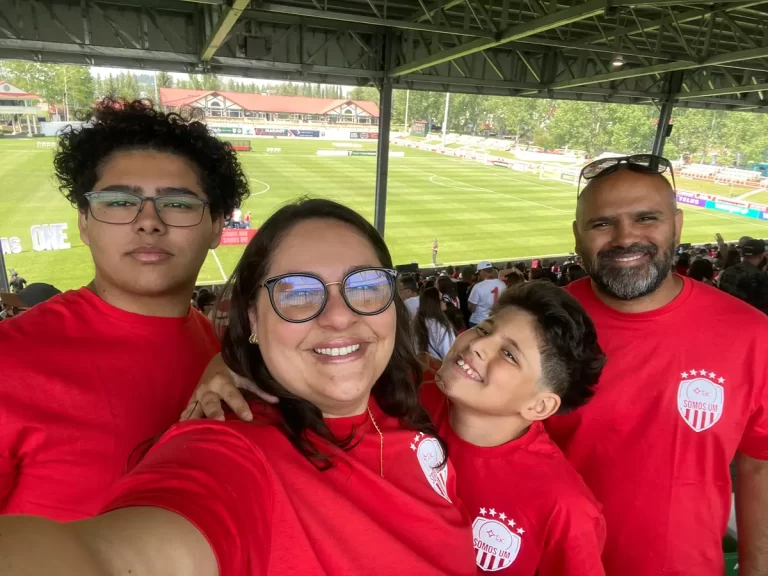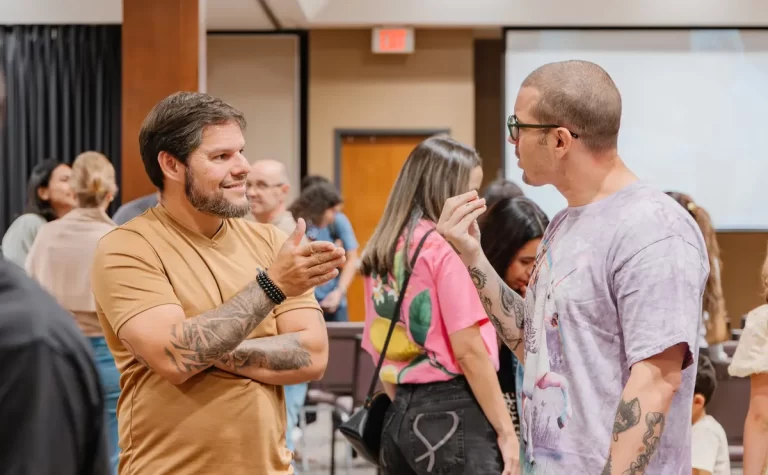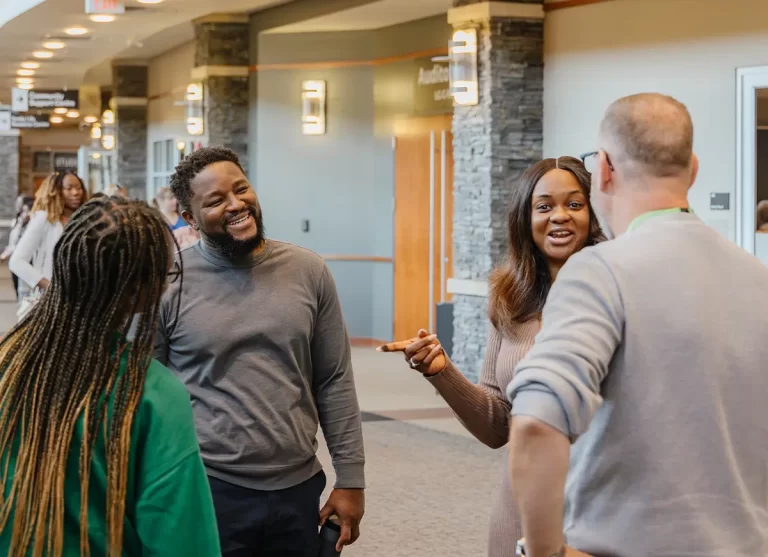
 The other day I walked out of the house to the garage to grab the van and pull it out front so I could take the kids to school. It was one of those Very Cold Days when I have a small measure of compassion on my children and drive them instead of making them walk. I walked into the garage and did an uncharacteristic thing: I hit the button to open the big door. Normally I do this after I get into the van, with the built-in garage-door opener, but today for some reason I smacked the big button to the left of the entrance and the big door started rattling up on its track while I settled into the van. Then, I did a very characteristic thing and hit the button for the built-in garage door remote. I doubt I really need to tell the rest of the story now, but I will, just for the sake of thoroughness.
The other day I walked out of the house to the garage to grab the van and pull it out front so I could take the kids to school. It was one of those Very Cold Days when I have a small measure of compassion on my children and drive them instead of making them walk. I walked into the garage and did an uncharacteristic thing: I hit the button to open the big door. Normally I do this after I get into the van, with the built-in garage-door opener, but today for some reason I smacked the big button to the left of the entrance and the big door started rattling up on its track while I settled into the van. Then, I did a very characteristic thing and hit the button for the built-in garage door remote. I doubt I really need to tell the rest of the story now, but I will, just for the sake of thoroughness.
The big door stopped, because that’s what happens when you press the button a second time while it’s moving. I looked out the back window of the van, and couldn’t see the door. Oh, I thought, it must have been up all the way, and just stopped, coincidentally … at the exact second I hit the button. I started the van, put it into reverse, and backed into the garage door, which was still hanging down about 8 inches, just a hair above my sight line out of the back window. I heard the crunch and crackle of breaking wood and smashing plastic. Needless to say, the kids walked to school that day.
In the end this particularly bone-headed move didn’t cost me near as much as I’d expected. Initially, standing in the garage and looking at the damage (saying a few pretty choice words to myself) I had terrible visions of entirely new garage doors and thousands of dollars of body-work on the van. But the door was salvageable, and was “Frankensteined” back into working order by the end of the afternoon. The damage to the van was localized to one piece of the tailgate that will be repaired at a very reasonable price before this post hits the internet. All in all, the bill was a fraction of what I’d feared – just a few hundred dollars.
Here’s the thing, though. Whether the bill had been thousands or hundreds, I have the resources to deal with it. This isn’t because I’m wealthy, or have huge reserves of disposable cash. It’s because I have a whole bunch of safety nets like cash savings, lines of credit, credit cards, an involved extended family, and a stable job with a predictable income. Standing in my garage, looking at the repairs on the door, it dawned on me that this event, which was at most a significant financial inconvenience to me, might have been crippling to a person in another position. I was protected by a whole host of privileges that I’d done little to earn. Mostly I was protected from my own stupidity by the accident of my birth, and the goodness, kindness, and grace of other people.
The Extraordinary Gift of Grace
This past weekend, Pastor James spoke about the extraordinary gift God has given humanity in the life, death, and resurrection of Jesus Christ (watch the February 16/17, 2019 service here). As we explored Romans chapters 3 and 4, we came to see how Jesus’ sacrifice has made us “righteous” (i.e., placed us in right relationship with God). Faith in Christ, and the faithful work of Christ, is the avenue by which our broken connection with God has been remade. As Christians we believe that this restoration to God has been accomplished for us. It isn’t something we do for ourselves, it is something God has done because we weren’t able. It’s an extraordinary privilege we’ve been given. The theological word we use for this is “grace.” Grace is an undeserved gift, given freely.
In Romans chapters 3 and 4, Paul focuses very heavily on the fact that this gift comes to us through no work or effort on our part. He emphasizes, in fact, that we humans just aren’t capable of repairing our broken relationship with God, so God does it for us out of his eternal love. The reason Paul hammers away at this point in his letter to the Christians in Rome is that this church he’s writing to is having a conflict about who the “real true Christians” are in their midst. The Christians of Jewish descent and the Christians of non-Jewish descent are arguing about who is really “in” with God, who is really saved, and how. So, Paul is trying to remind both groups that where we come from doesn’t actually affect our standing with God. All of us are equally broken, and all of us are equally loved, and all who look to Jesus are brought into relationship with God.
But there’s a secondary argument going on throughout this part of Romans, and in the rest of the letter. At the end of Romans 3 (and again later, at the start of Romans 6), Paul addresses what he sees as a potential misunderstanding of his message. He imagines, it would seem, that somebody hearing this message – that our relationship with God depends on God’s work and Jesus’ faithfulness – might be led to think that their behaviour doesn’t matter. In other words, if I’m put into right relationship with God just by believing, then I can do whatever I want. Paul sees this pitfall, and corrects it as he goes. He reminds us that our behaviour may not make us righteous, but a change in behaviour is a response to what makes us righteous.
A Meaningful Impact
One of the truisms that modern psychology has helped us to see clearly is that the way we’re treated, emotionally, physically, and spiritually, reverberates down through the rest of our lives. When people experience significant trauma, whether as children or later in life, that pain leaves a mark, and that mark affects later behaviour. The title of Sandra D. Wilson’s book, Hurt People Hurt People has now become almost cliché. Recognizing this pattern can help us to understand the causes of pain and abuse, and can also help us in trying to remedy abuse by helping us see it as part of a larger pattern that can be interrupted. But the inverse of this is also true. People who have experienced care, love, kindness, and grace should become carriers of these things.
While we know we’ve been brought into relationship with God through grace, and we receive this gift by means of faith, I worry sometimes that we Christians think that’s where the story ends. Too many of us appeal to the fact that we’re saved by grace as a way of excusing all manner of behaviour that we know shouldn’t be a part of our lives. I’m not interested in trying to load us all up with a huge burden of guilt, but I am trying to help us to see that if we’ve been given this enormous gift of relationship with God, it should have a meaningful impact on our lives.
Looking at my garage door or my newly repaired van, I could simply feel happy that I’m lucky things weren’t worse, and then go along my merry way. I could throw up a pic on Instagram, #blessed, and leave it at that. Or, I could realize that the privileges of my life and my circumstances aren’t universal, and I bear some responsibility to help others who might not have them. Similarly, when I reflect upon Jesus’ death on my behalf, I could simply throw out some trite phrases, feel good that I’m back on the right page with God, and then lead my life as I wish. Or, I could recognize that, while I may not be saved by my good works, the gift of relationship with God has changed me. Or, put differently, if hurt people hurt people, shouldn’t loved people love people?
Let me give one simple piece of practical homework today. Reflect on one specific thing in your life that you’re grateful for – something you credit specifically to the grace, forgiveness, and love of God. When you have this one thing firmly in your mind, prayerfully consider how you might help another person to experience this self-same thing.
- Have you been forgiven? Where can you forgive?
- Have you been cared for? For whom can you care?
- Have you been shown compassion? How might you show compassion?
- Have you been loved? Who can you love?
Dr. Colin Toffelmire is Associate Professor of Old Testament Studies and Chair of the School of Ministry at Ambrose University, currently serving as Theologian in Residence at FAC while on sabbatical.
You may also be interested in …
- The Problem of “Questionable Behaviour” blog post by Dr. Colin Toffelmire
- Is Christianity Too Narrow? blog post by Dr. Colin Toffelmire



